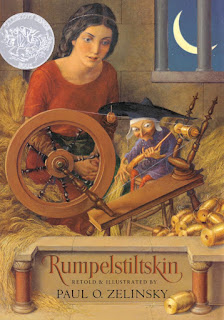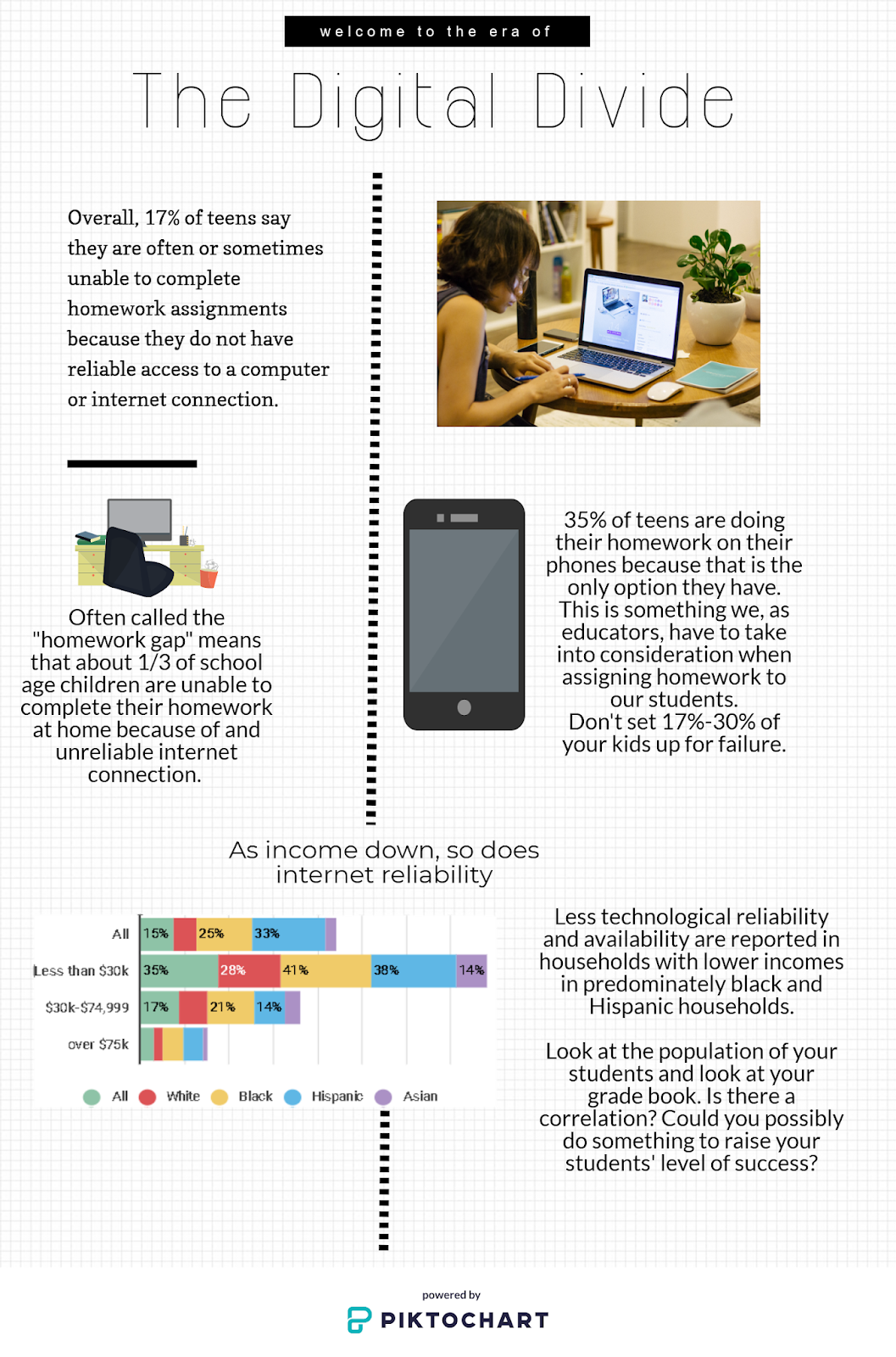Text Reflections: Fantasy and Science Fiction
Chapter
13: Fantasy & Science Fiction
Fantasy
is my wheelhouse; science fiction is not as much but I still enjoy it
immensely. Basically, fantasy (this includes sci-fi) is literature that contains
aspects that seem impossible, at least very improbable. Floating sky-islands,
faeries, robo-pirates and magic are some examples of what one might find in a
fantasy novel. This type of literature requires very good descriptive skills
and a certain level of believability so that the reader can achieve suspension of
disbelief, or get lost in the plot enough to buy it.
There
are certain aspects of fantasy that have to be reliable, however. As a reader,
we have to know what the boundaries of the make-believe world are; what is
possible and impossible there. These rules cannot change constantly or the
reader can become frustrated. I have put down many a book because I was having
too much trouble keeping up with that particular version of reality. We also need to be able to rely on the main
characters. By this, I mean they need to act in a way that makes sense for their
character (much like a real person. If the main character is an alicorn, then I
want that alicorn to behave accordingly! If not, I believe a little less in the
story.
Even
fantasy literature, there are limits to what the human imagination will allow.
As a writer and a reader, it is important to know what audiences like and can
handle so you can fit the right book to the right mind.
image borrowed from: http://powerlisting.wikia.com/wiki/File:Fantasy_World.jpeg




Comments
Post a Comment